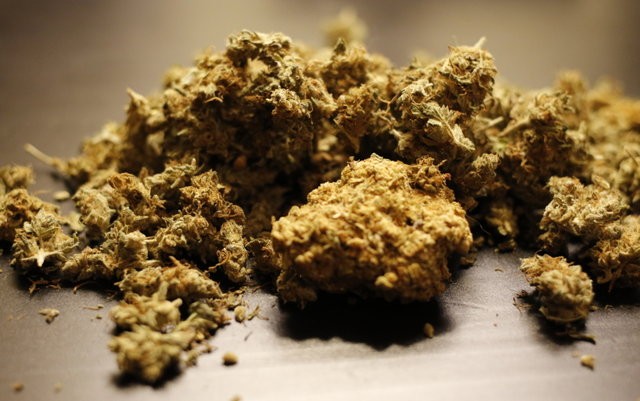As legal marijuana crops up state after state we keep finding little things that need tweaked or revised – it’s the nature of a new industry like this one. One thing that no one likely considered from the get-go was the use of one single word that would make a world of difference: organic.
Consumers around the U.S. and around the world have come to know “organic” to mean all-natural, hormone free, additive free, and pesticide free. When it comes to the food we eat, there are strict regulations and inspections to certify the food as “organic” and they are maintained by the federal government, making the standards the same across the country.
Unfortunately, since cannabis is illegal under federal law, the same “organic” regulations do not apply – but those who sell the product can still label it as organic. This wouldn’t be so much of a problem – but last year Colorado had to seize thousands of plants (of which most were eventually returned) under suspicion of use of off-limits chemicals, likely pesticides.
That case could have been an open and shut issue – stop the pesticide use and call it a day. However it was not that simple, since many of the plants were being sold under the label “organic” – even though there were definitely legal pesticides being used on the plants.
“That misleads people,” said Larisa Bolivar, head of the Cannabis Consumers Coalition. “We don’t want to wait for someone to get sick. You need to know that when something says organic, it’s organic.”
These discrepancies are the reason for a recently proposed bill – which if voted in would mandate that the Colorado Department of Agriculture to find a third party to draft regulations on what would count as organic cannabis. The bill does not have any specifics on the regulations that would govern this certification or what the fees to the growers might be for obtaining this certification.
“It’s something that we need,” said Meg Sanders, CEO of Mindful, a company that grows marijuana and produces marijuana concentrates. “Because of the federal illegality, to have a state standard would be incredibly helpful.”
The fee would be the main reason that many suppliers who qualified not to apply – similar to organic foods the estimate of Colorado’s growers expected to apply for an organic license is around 5%. Those who do apply for the license will likely charge more for their product because of this certification.
There are definitely still lawmakers and citizens alike who are against Colorado’s decision to legalize, who disapprove of this bill claiming that setting up organic certification would lead people to believe it is healthy – but these were not concerns raised with organic beer and wine.
It’s just another hurdle to jump – but with large support for letting consumers be aware of what is really pesticide free and organic, rather than letting anyone get away with slapping an organic label on their product, this bill has a great chance at passing.
“I’m speaking to people across the country looking to standardize the industry as a whole so we do have quality control and quality assurance.”- Larisa Bolivar
Colorado would be the first to create standards for organic marijuana – with the only other state to mention it being California with a deadline of 2020. Other states will likely follow suit – and hopefully communication is good so industry standards will not differ too much from state to state until the day comes when marijuana is legal under federal law.






